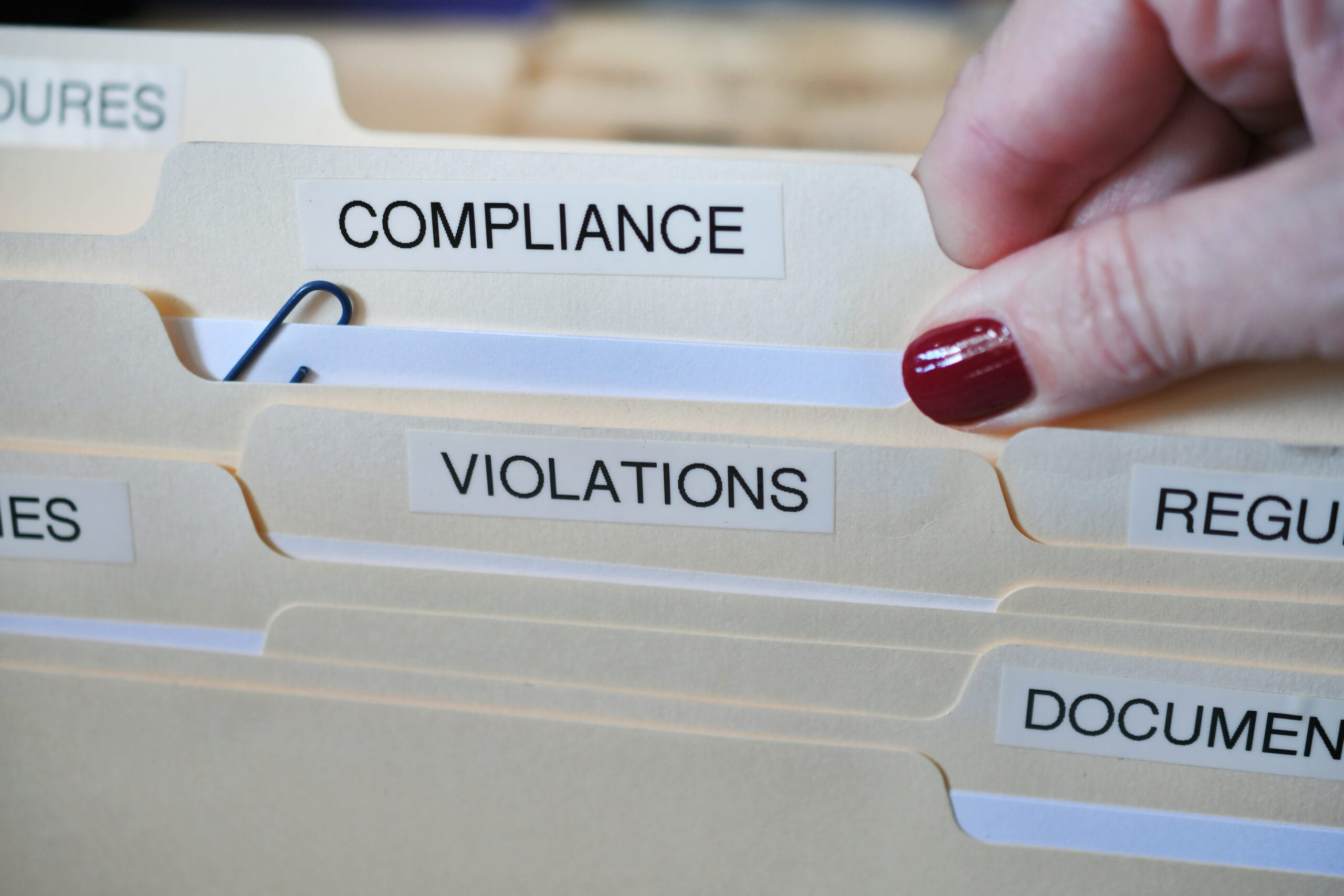
Loan settlement in 2025 can hurt your CIBIL score. Discover how settling a loan affects your credit and tips to rebuild it with help from TrueSettle.
In 2025, with costs and interest rates climbing, household debt is rising like never before. So, it’s no surprise that more people are looking into debt solutions like loan settlement.
You might be thinking, “Should I just settle my loan and be done with it?” Loan settlement means paying a reduced amount to close the account (say ₹60k on a ₹100k loan). That stops the harassing calls and penalties – a quick win in the moment.
Sounds great, right? It is relief in the short term. But here’s the catch: your credit report will mark the loan as “Settled”(not “Closed”) on your CIBIL report.
In credit terms, “Closed” means you paid everything, whereas “Settled” means you paid less. If a loan is marked settled, it raises eyebrows. RBI rules even require settled loans to be reported as such.
In plain English, having a settled loan on your record tells future lenders, “This borrower had trouble paying.” That’s like waving a yellow flag. So yes, settlement stops the calls today, but it replaces your clean record with a note that you “settled” on less.
Impact on Your CIBIL Score
Brace yourself: settling a loan typically cuts your CIBIL score significantly. Experts say your CIBIL can fall 75 to 150+ points in many cases. (Ouch! Nobody wants that.) That happens because the bank writes off the difference and reports it as a loss – a negative event on your record.
And that negative mark lingers. The “Settled” tag stays on your report for up to 7 years. For all that time, lenders will see it. They may still approve credit, but often at higher interest rates or with stricter conditions.
In short: loan settlement is a trade-off – debt relief now for tougher borrowing later.
Quick Recap:
- After loan settlement, your account is marked “Settled” on CIBIL.
- This usually causes a big score drop (often 75–150+ points).
- The settled tag stays visible for years, making new loans harder or more expensive.
But here’s the good news: you can rebuild your score. It takes a plan and patience, but every smart move helps.
Steps to Rebuild Your CIBIL Score
Alright, breathe easy – here’s how to fix things after settling a loan:
1. Pay Off Remaining Debts
Clear any outstanding EMIs or card bills. If the settled loan has a tiny balance left, pay it in full to officially close the account. Getting all debts to zero shows lenders you’re back in control.
2. Make Every Payment On Time
From now on, pay each EMI and bill by the due date. Even small payments count. A perfect payment history is the single biggest booster to your CIBIL. Over months it adds up, proving you can handle credit responsibly.
3. Use Credit Wisely
Keep your credit card and loan balances low (aim for under 50% of each limit). You might also try a secured credit card(one backed by your savings). For instance, putting ₹25K in the bank could get a card with ~₹22K limit. Use it for small expenses and clear it every month – this builds positive history.
It sounds counter-intuitive to add new credit after settling, but responsibly using a secured card can actually speed up your recovery.
4. Limit New Applications
Each loan or card application triggers a hard CIBIL check, which can shave points. So don’t apply for multiple credit lines at once. Do your research and apply only when needed, perhaps one loan every 6–12 months. This shows lenders you’re not desperate and protects your score from unnecessary hits.
5. Monitor Your Credit Report
Check your CIBIL report regularly (at least once a year). Make sure the settled loan is reported correctly and look for any mistakes. If you find an error (like a loan incorrectly marked), dispute it immediately. Staying vigilant keeps your file clean and lets you see your progress over time.
Remember: It often takes 12–24 months of consistent good behavior to see a big score improvement. Keep at it – every on-time payment and smart choice adds points.
How TrueSettle Can Help
You don’t have to handle this on your own.
TrueSettle specializes in legal loan settlement and credit rebuilding. We negotiate with banks on your behalf and make sure you get all the needed documents (settlement letters, NOCs). Then we guide you on the recovery steps above.
TrueSettle even offers a Credit Score Builder program. We’ll plan which debts to tackle first and how to use credit wisely to boost your CIBIL. Many clients have followed our advice and watched their scores climb back.
Curious about your savings? Use our free Loan Settlement Calculator to see how much you could save versus sticking to the EMIs. It’s a quick, no-commitment way to gauge if settlement makes sense.
Ready to Take Action?
If settling your loan seems right, do it smartly: get everything in writing and plan the rebuild.
Then, reach out to TrueSettle for a free consultation – we’ll walk you through your options in plain language.
📞 Call: +91-9220534718
📧 Email: info@truesettle.in
🌐 Contact TrueSettle
You’ve already taken a big step by reading this.
Now try our Debt Relief Calculator and reach out to TrueSettle.
You’ve got this – and we’ve got your back every step of the way.
Here’s to rebuilding your credit and moving forward, one smart step at a time!






